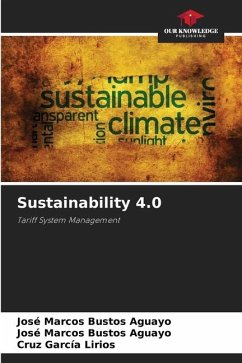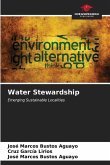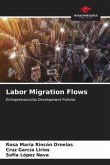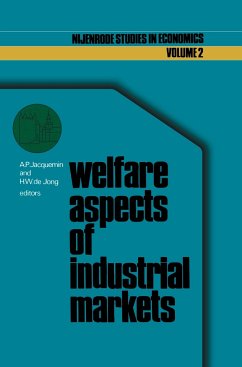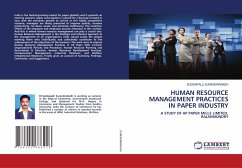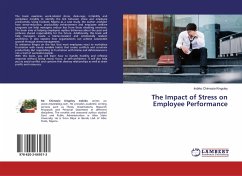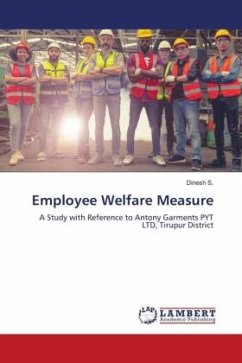In the year 2025, the impact of the hydrological waste of the affluent economic zones on the supply needs of the marginalized economic zones will be explained based on the theory of systemic competencies structured in six phases. In the first phase, the socio-economic, political and environmental context that prevents humanity from sustainable development will be presented. In the second phase, the antecedent theories and the relevance of exogenous and endogenous, moderating and mediating variables will be presented. In the third phase, these variables will be modeled in six logical trajectories. In the fourth phase, the quantifiable evaluation of the problem will be proposed. In the fifth phase, the reliability and validity of the instruments that measure three constructs will be analyzed: (1) environmental situation, (2) systemic competences, (3) community senses and (4) sustainable behaviors to establish the plausibility of the causal relationships between these variables, expecting that the irregular water supply will indirectly, positively and significantly determine its saving through the beliefs of scarcity of the resource and the conservation motives.
Hinweis: Dieser Artikel kann nur an eine deutsche Lieferadresse ausgeliefert werden.
Hinweis: Dieser Artikel kann nur an eine deutsche Lieferadresse ausgeliefert werden.

